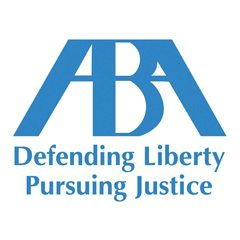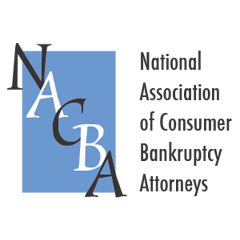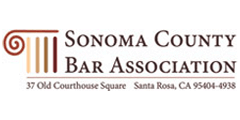Bankruptcy FAQs
Bankruptcy Attorney Brian Barta > Bankruptcy FAQs
Answers to common questions about bankruptcy law
What is Bankruptcy?

How long does it take to file Chapter 7 bankruptcy?

A Chapter 7 bankruptcy takes 3-1/2 months from the date your case is filed to the case closing. However, there are only two simple things you are required to do during that time – attend one meeting (there is no court appearance required in Chapter 7), and complete a 2-hour online financial management course. The Chapter 7 process is simple and quick. Your only costs are the attorney fee and the Court filing fee. Your property is protected and your debt is discharged. The majority of bankruptcy cases are simple Chapter 7s.
How long does it take to file Chapter 13 bankruptcy?

Since Chapter 13 bankruptcy is a structured repayment plan, it lasts longer than a Chapter 7. A debtor will typically be involved in the Chapter 13 for three to five years, depending on the length of the repayment plan designed by the bankruptcy attorney and agreed to by the client.
What happens after I file for bankruptcy?

How much will filing for bankruptcy cost?

Is my home protected in bankruptcy?

One of the most important questions clients have is, “If I file for bankruptcy do I get to keep my home?” Clients are understandably anxious about losing their home, and need to know it will be safe. The short answer and the good news is, “Yes, you can keep your home if you file for bankruptcy.” In fact, in the most common type of bankruptcy filed by the majority of people, the debtor keeps all types of property; the only thing they lose is their debt.
Are my autos protected in bankruptcy?

Are my retirement accounts protected in bankruptcy?

Tax-deferred retirement accounts, such as 401(k)s and IRAs, are safe in bankruptcy because they are not included in the bankruptcy estate; Congress recognizes that retirement accounts are so critical to the future financial health of the debtor that they are protected without limit. Consequently, clients who have a 401(k), IRA, PERS, STRS, or equivalent account who file bankruptcy get rid of all their debt and still have tens or sometimes even hundreds of thousands of dollars in their retirement accounts after the case closes.
Does someone come to my house to look at my property?

Answers to common questions about bankruptcy law
Can I discharge my medical bills?

How do I stop wage garnishment?

How do I stop creditor harassment?

Bankruptcy solves both the immediate problem (creditor harassment) and the underlying problem (overwhelming debt). If creditors fail to stop harassing you once you have retained a lawyer, and once your bankruptcy case has been filed, they can be sued for monetary damages.
How do I stop a bank levy?

Can I discharge my student loan debt?







